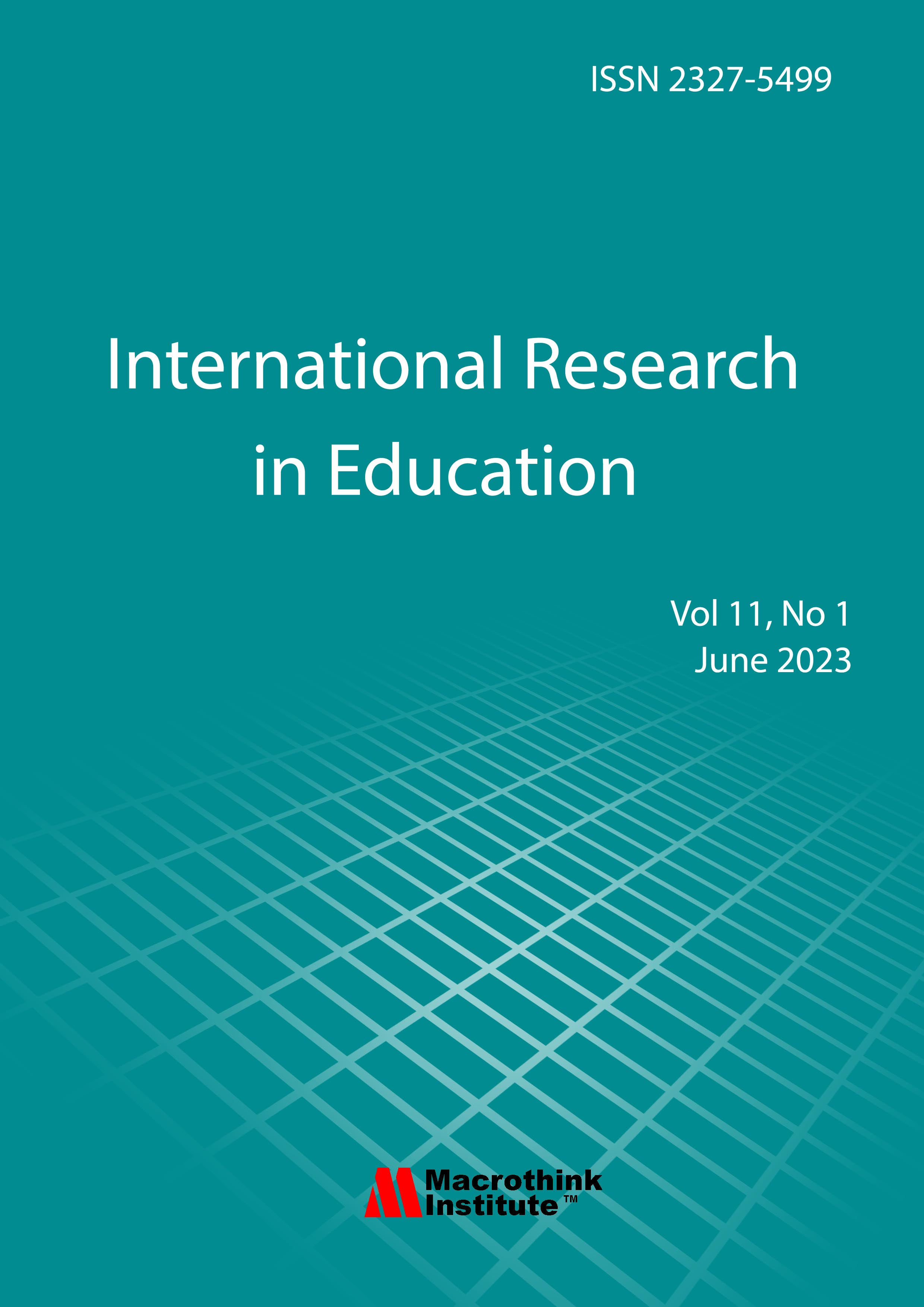Grounded Theory from Start to Finish: Applying Substantive Theorizing to Educational Research
DOI:
https://doi.org/10.5296/ire.v10i2.20294Keywords:
Substantive theorizing, Intercultural education, Abstraction, Core categoryAbstract
The aim of this methodological article is to provide a practical example of the application of substantive theorizing to the area of educational research according to the principles of Grounded Theory. While most GT applications end up in a thematic-like manner of presentation and analysis by emphasizing open/substantive coding and how it is related to interview fragments, we attempt to highlight the move from connecting categories to making abstractions by using matrices. We suggest that substantive theorizing should entail 3 analytic stages which correspond to three different levels of abstraction: First, researchers have to clearly define the properties and the dimensions of the main categories as they emerged from in vivo coding, second, they have to provide matrices which show how categories are connected and, third, they must clarify how these connections cover the diversity of data bits and are explained by a core (theoretical) category




